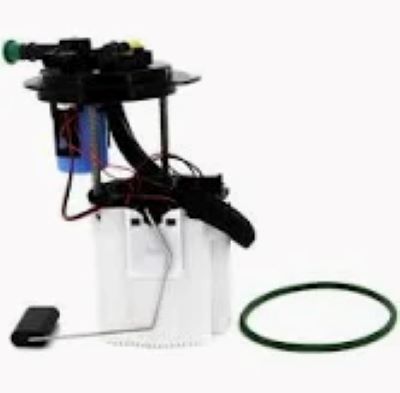Excessive temperature in the fuel pump system has many adverse effects on engine performance, including efficiency and reliability. The fuel pump has lower efficiency as it gets hotter, with experiments showing up to a 5% reduction in flow rates due to a 10% increase in temperature. A lack of proper fuel delivery due to the drop can cause the engine to run lean and decrease output by up to 20%.
Heat also speeds fuel deterioration, and this is especially true in high-performance engines that can run over 200°F as well. According to the Society of Automotive Engineers, exposure to high heat may cause the volatile ingredients in fuel vaporize and create air pockets in the fuel line that reduce delivery. The Bible From Automotive Wisdom States, "Heat Is The Enemy Of Performance," While Its Easy To Keep Things Koool With Your Personal Small Block Crate Motor!
As noted, the operating temperature of the fuel pump is very important; given that a pump running above 140°F can significantly increase the likelihood of premature failure. Research shows that even 30% of fuel pump failures are caused by the overheating, which decreases its lifespan up to half. With regular maintenance and inspections, a technician can spot early signs of overheating before they become major concerns.

The greates advantage of hydride and CCD cooling is the elimination heat related performance issues. An example would be keeping up with fuel tank levels to help keep the pump temperature, as the gas acts like a coolant. If the pump runs dry, its motor can overheat (the tank should be at least one quarter full).
Also, higher-quality fuels with a greater thermal stability can provide performance tailoring for extreme temperature applications. Higher octane fuels are more volatile, which helps them to vaporize at a higher temperature for more consistent fuel delivery and better engine response. Premium fuel can increase engine performance by up to 10% in high-temperature according to industry data.
In the end, getting a handle on fuel pump heat is crucial in maximizing engine output and life. Well what is, self healing — unchecked temp will cause fuel pumps to overheat, but regular monitoring and satisficing (things of that nature) will keep fuel pumps operating at the right temp & reduce heat-related failures. To learn more about the best in fuel pump products, visit Fuel Pump.
